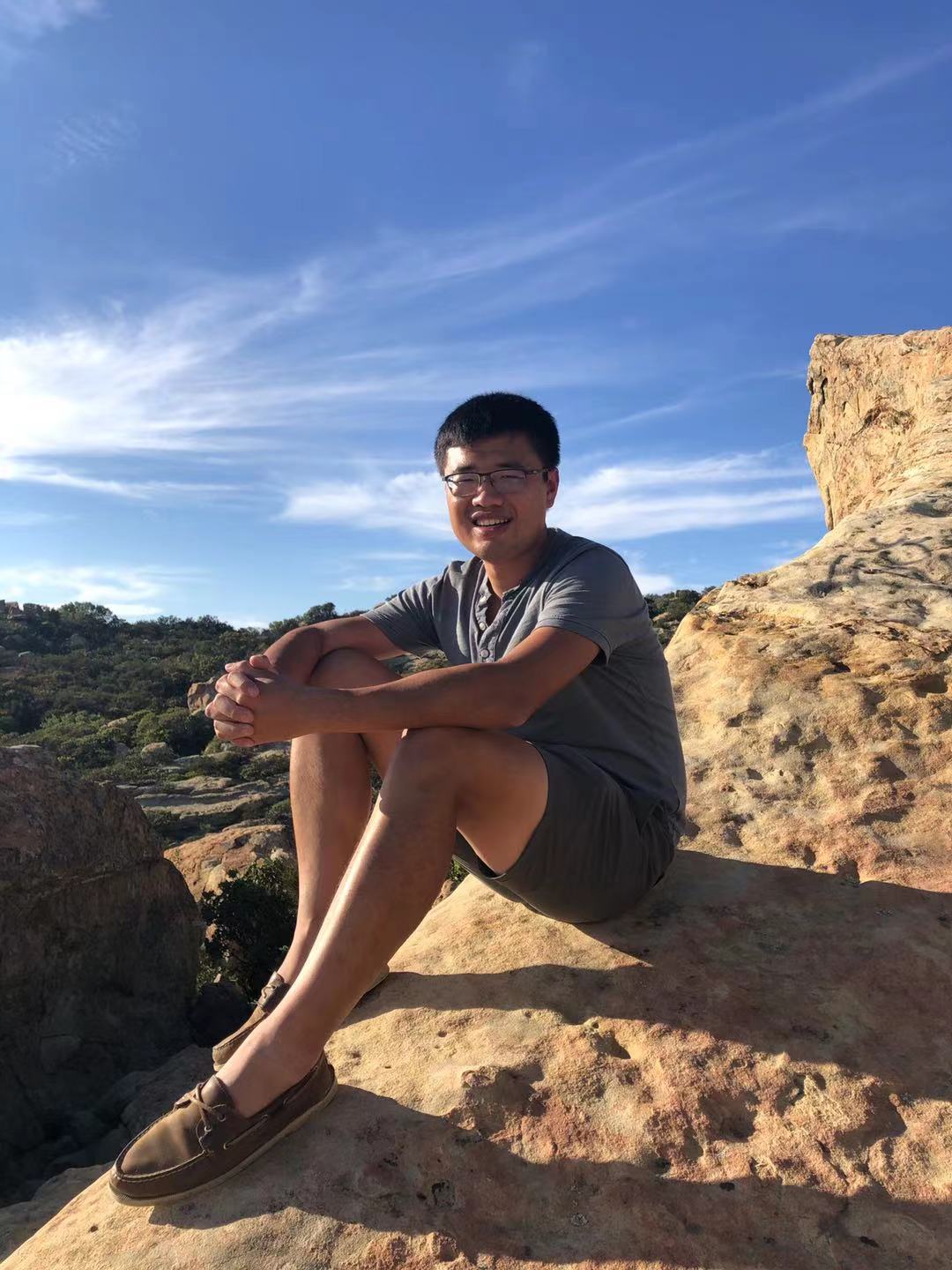
- This event has passed.
ESE Fall Colloquium Seminar – “Toward Practical Quantum Advantage: Many-body Physics in the NISQ Era”
October 6, 2021 at 11:30 AM - 12:30 PM
Quantum processors of today are already capable of surpassing classical supercomputers on certain specialized tasks [1]. A current milestone for the quantum information science community is the fulfilment of quantum computational advantage on a practical problem of interest. The beginning of this talk will outline our technical progress on realizing various high-fidelity quantum gates on Google’s Sycamore processor, such as iSWAP and CPHASE. We then focus on two experiments studying many-body phenomena that have previously proven elusive on all quantum computing or simulation platforms: discrete time-crystals (DTC) and quantum scrambling.
In the DTC work, we implement Floquet dynamics on a 1D chain of 20 superconducting qubits [2]. Engineered disorders in the two-qubit couplings allow many-body localization (MBL) to occur despite strong external drive, thereby stabilizing a non-equilibrium phase of matter [3]. We carefully validate the phase structure of the DTC by probing the average response of all eigenstates belonging to the Floquet unitary. Using a suitable choice of order parameter, we further identify the location of the MBL-ergodicity crossover via experimentally observed finite-size effects. These results open a direct path to studying quantum phase transitions and critical phenomena on NISQ quantum processors. In the quantum scrambling work [4], we deploy a full 2D grid of 53 qubits and implement quantum circuits with tunable complexity. By measuring the quantum fluctuation of out-of-time-ordered correlators (OTOCs), we resolve the two key requisites of quantum scrambling: operator spreading and operator entanglement. Results from the most complex quantum circuits require ~100 hours to simulate on a CPU core via best-known classical algorithms, indicating the potential for achieving practical quantum advantage in the near term.
[1] Google AI Quantum and Collaborators, Nature 574, 505 (2019).
[2] X. Mi, M. Ippoliti, K. Kechedzhi, V. Khemani, P. Roushan et al., arXiv:2107.13571 (2021).
[3] M. Ippoliti, K. Kechedzhi, R. Moessner, S. Shivaji, V. Khemani, PRX Quantum (In press).
[4] X. Mi, P. Roushan, C. Quintana, K. Kechedzhi, V. Smelyanskiy, Y. Chen et al., arXiv:2101.08870 (2021).

Xiao Mi
Research Scientist, Google
Xiao came to the US in 2009 to pursue an undergraduate degree, having initially a predilection more toward the literary than the scientific. At Cornell University, his outlook was fundamentally altered by the experience of working with Professor John Reppy in the somewhat hapless field of supersolid helium, which taught him that toiling away in the machine shop can be as delightful as the bantering wit of Bernard Shaw. After graduating from Cornell in 2013, Xiao embarked on his graduate career working with Prof Jason Petta in Princeton University where he sought to integrate spin qubits in silicon gate-define quantum dots with microwave-frequency photons. In 2017, he made the world’s first demonstrations of strong-coupling between a single electron charge in gate-define quantum dots and a single microwave-frequency photon. Shortly thereafter, the first experimental signature of strong-coupling between a single electron spin and a microwave photon was also reported by Xiao and Jason. These works have paved the foundation for long-range coupling and readout of spin-based qubits. Since 2018, Xiao has been a research scientist at Google where he works on benchmarking and algorithmic application of superconducting quantum processors. He is particularly proud of his recent success in seamlessly hanging up a wallpaper, which he declared to be more difficult than doing 16 lithography layers in nano-fabrication.
